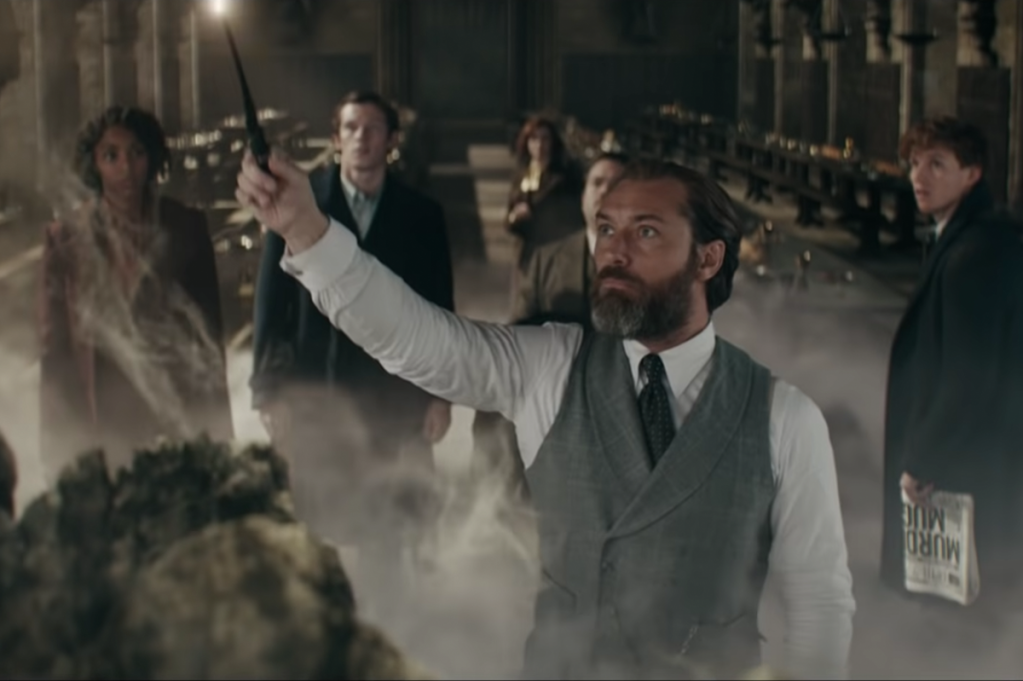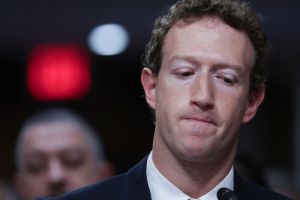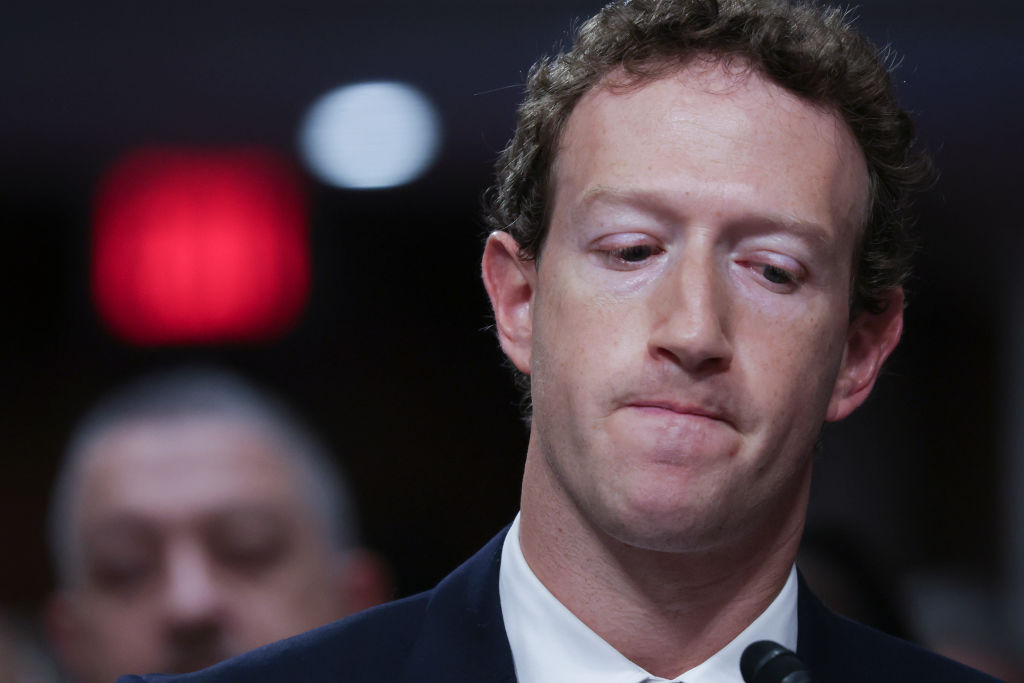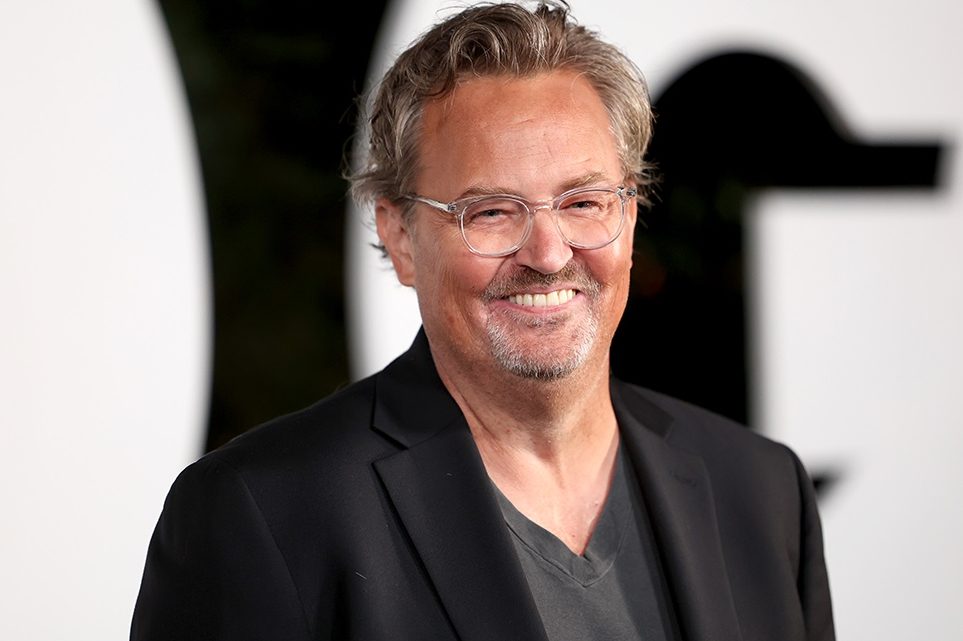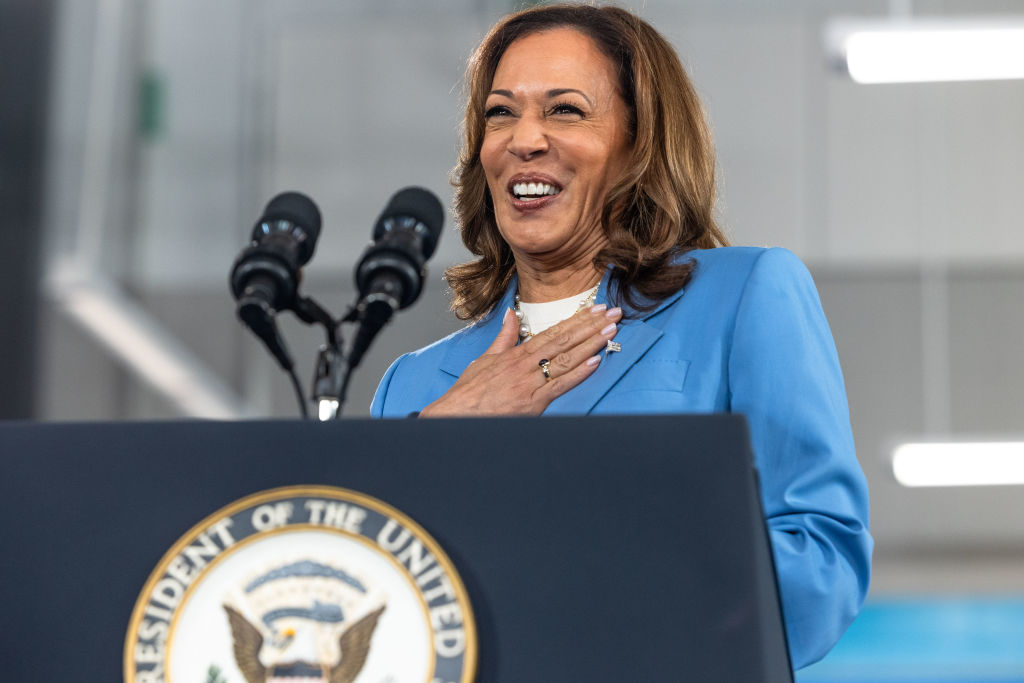Exactly when and where are our stunning and brave Hollywood stars prepared to take a stand for gay rights?
Liberal actors and celebrities have a made a show of standing against Florida’s Parental Rights in Education Bill, signed earlier this month by Governor Ron DeSantis, a man progressives seems intent on making the next president.
When activists and journalists realized they couldn’t stop the bill from becoming law, they deployed their new favorite tactic: demanding that corporations speak out against the bill (see also: how in response to Georgia’s new voting legislation, they insisted that Major League Baseball relocate the All-Star game).
The protest class tacitly threatened the Disney Corporation with bad PR should Mickey Mouse remain silent on what leftists had labeled the “Don’t Say Gay” bill (there’s a reason this phrase is always in quotation marks when appearing in news). Disney complied, taking a firm stance against the governor and the legislation.
The “Don’t Say Gay” storyline kind of ballooned out from there, with even the Academy Awards getting in on the act last month. “We’re going to have a gay night” declared the Oscar hosts, before saying “gay” a lot. That didn’t seem to improve ratings much.
It’s easy for entertainment companies, production studios and celebrities to posture against laws they consider intolerable in the United States. Our Constitution makes it easy — and these production companies have supplanted a large portion of the American consumership with foreign audiences and box offices.
It’s apparently difficult, however, for the same companies to take the same bold stance when the content they produce might threaten the bottom line with those foreign markets.
As reported this week in Variety, Warner Bros. Studios cut all references to gay relationships out of the new Harry Potter spin-off movie, Fantastic Beasts: The Secrets of Dumbledore, to comply with release guidelines in China. (One of Dumbledore’s secrets is that he’s gay.)
WB’s move is not an isolated incident: Western studios often make cuts and changes to adhere to the Chinese Communist Party’s demands. Oscar-winning Freddie Mercury biopic Bohemian Rhapsody’s gay scenes were all censored in China (what, like his sexuality was a significant plot point?). Disney’s Marvel Studios are also not immune to hypocrisy, cutting a gay kiss out of their Eternals film. Disney also came under fire for altering their Star Wars: the Force Awakens poster, by shrinking John Boyega, one of the film’s leads, for marketing in Chinese markets. And Paramount have replaced the Taiwan patch on Tom Cruise’s flight jacket from the original Top Gun for the forthcoming sequel Maverick.
The pretenders who litter the entertainment industry, from actors up to studio chiefs, don’t actually care about the Florida law. Many of them haven’t studied or read the legislation. They’ve likely swallowed whole what the New York Times has written about it. They say what they need to say to comply and promote themselves in a corporate media environment… which also has millions invested in foreign markets that practice actual and demonstrative human rights violations.
If Disney or Hollywood at large wanted to implement a full slate of LGBTQ content, then they should do that, regardless of what conservative audiences might think or say or protest about that. Disney should invest its millions in producing blockbuster films that appeal to and humanize that community, instead of tokenizing them for their sexuality. It should stop using these minorities as background props and diversity gimmicks and produce real, honest content for and about them.
But we know Disney and Hollywood will not do this — because that would mean losing millions of dollars, not to the protests of the political right in the West, but to the foreign markets upon whom they depend.
Until Hollywood brings itself to speak out about human rights abuses against gays in China or Saudi Arabia, then no one should take it seriously on Ron DeSantis or Florida’s legislation.



